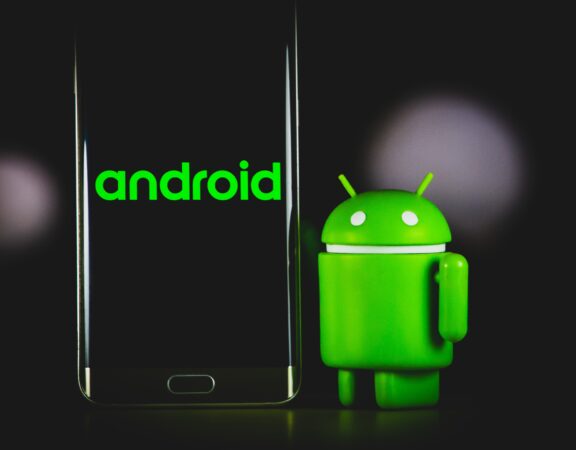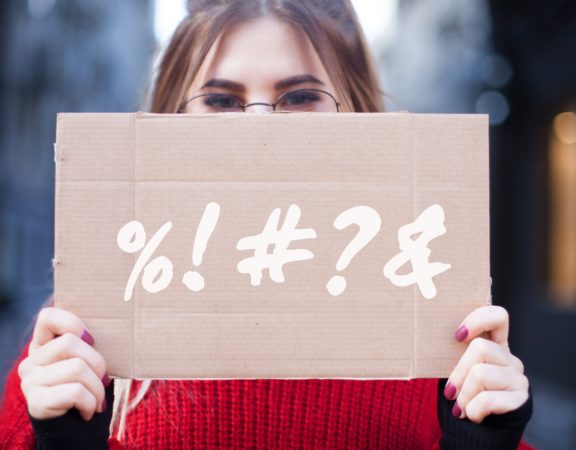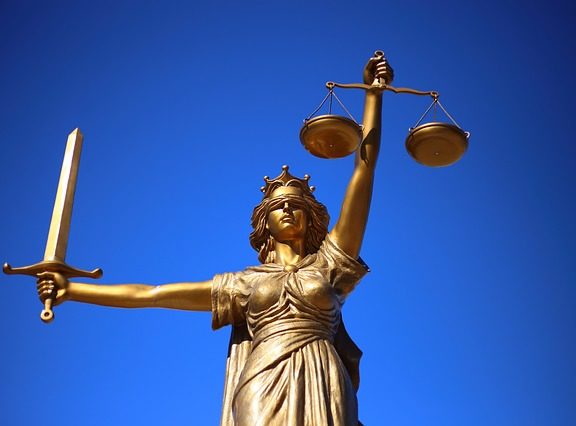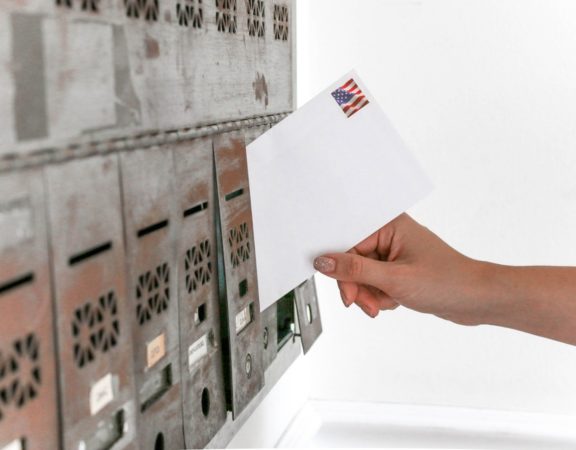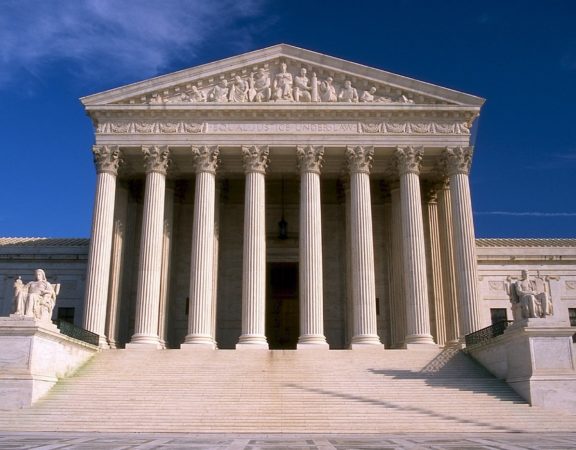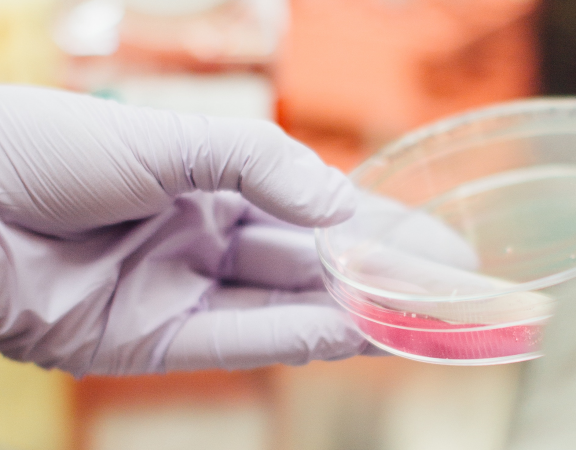- Filter by
- Categories
- Tags
- Show all
- Article
- Confusion
- Contract
- Copyright
- Corporate
- Domain Names
- Employment
- Expungement
- Expungement
- Grey Marketing
- Industrial Designs
- Licensing
- Obviousness
- Opposition
- Passing Off
- Patent
- Patent Infringement
- Patent Strategy
- PCK News
- PM(NOC)
- Procedure
- Prosecution
- Services
- Summary
- Trade Secrets
- Trademark
- Use
- Validity
- Abandonment
- Abstract Theorems
- Abuse of Process
- Accounting of Profits
- Alice/Mayo Test
- Ambiguity
- Anticipation
- Appeal
- Apple
- Artificial Intelligence
- Assignment
- Bargain Theory
- Biosimilar
- Biotech Patents
- Branding
- business
- CAFC
- Canada
- Certificate of Supplementary Protection
- Chemical Patent
- CIPO
- claim
- Claim Construction
- Class Actions
- College of Patent Agents and Trademark Agents
- combination drugs
- Commercial Success
- Common General Knowledge
- Confidential Information
- Confusion
- Contract
- Copyright
- Copyright Infringement
- Costs
- Counterfeit
- Court of Appeals for the Federal Circuit
- COVID-19
- Damages
- Data Protection
- Design Patents
- Distinctiveness
- Diversity
- DNA Patents
- Domain Names
- Dosage Range
- Double Patenting
- Due Care
- E-Commerce
- Enablement
- Estoppel
- Evidence
- Expert Evidence
- Fair Use
- Federal Court
- Federal Court of Appeal
- File Wrapper Estoppel
- Food and Drug Regulations
- Fraud
- funding
- Generic Drugs
- Hague Agreement
- Indefiniteness
- Induced Infringement
- Industrial Designs
- Injunction
- Innovation
- Innovative Drugs
- Insufficient Disclosure
- Intellectual Property
- Inter Partes Review
- Investors
- IP Litigation
- IP Strategy
- IP Treaty
- IPIC
- Jurisdiction
- Law Firm
- Licensing IP
- Madrid Protocol
- Methods of Medical Treatment
- Non-Infringing Alternative
- Non-Practicing Entity
- Novelty
- Obviousness
- Official Marks
- On-Sale Bar
- Overbreadth
- Ownership & Inventorship
- Passing Off
- Patent Act
- Patent Agent
- Patent Appeal Board
- Patent Application
- Patent Drafting
- Patent Fees
- Patent Infringement
- Patent Law
- Patent Lawyer
- Patent Litigation
- Patent Prosecution
- Patent Rules
- Patent Strategy
- Patent Term Adjustment
- Patent Textbook
- Patent Trolls
- Patent Validity
- Patentable Subject Matter
- Patents
- PCT
- Pharmaceutical Patent
- Pharmaceutical Pricing
- PM(NOC)
- PMPRB
- Prior Art
- Prior Disclosure
- prior use
- Priority
- Privilege
- Product Specificity
- Promise Doctrine
- Provisional Patent
- Punitive Damages
- Reinstatement
- Remedies
- SCOTUS
- Selection Patent
- Software
- Software Copyright
- Software Patent
- Sound Prediction
- Springboard Profits
- SRED
- Standard of Review
- Start-up
- Startups
- Supreme Court of Canada
- Technology
- Trade Secrets
- Trademark
- Trademark Agent
- Trademark Expungement
- Trademark Infringement
- Trademark Law
- Trademark Opposition
- Trademark Registration
- Trademarks Act
- United States
- Use
- USPTO
- Utility
July 13, 2023
July 13, 2023
US Supreme Court, No. 22-148: Parodies are generally immune from trademark infringement, but how much can you spoof? Jack Daniels hounded a dog toy company for making a copycat toy.
June 1, 2023
June 1, 2023
No. 21-757 (Supreme Court May 18, 2023) The Supreme Court of the United States applied bargain theory in its long-awaited decision regarding the enablement requirement of the Patent Act.
April 22, 2021
April 22, 2021
No. 18-956: In ruling that Google's copying of Java code amounted to fair use, the court adapted traditional copyright laws to software, which is primarily functional in nature.
January 2, 2020
January 2, 2020
Nearly 30 years after founding the streetwear brand FUCT, Erik Brunetti finally convinced SCOTUS to end a ban on "immoral" or "scandalous" trademarks.
August 23, 2019
August 23, 2019
A draft bill released May 22nd proposes significant reforms to section 101 of the US Patent Act. Businesses should be aware of the commercial impact.
August 16, 2019
August 16, 2019
SCOTUS, No. 18-302 (Iancu v Brunetti): In a recent decision, the US Supreme Court abolished the longstanding ban on registering vulgar and offensive words as trademarks.
July 18, 2019
July 18, 2019
SCOTUS blocked US Postal Service from using proceedings under the Leahy-Smith America Invents Act (“AIA”) to avoid litigation and invalidate a US Patent.
July 11, 2019
July 11, 2019
A cybersecurity start-up is asking the US Supreme Court to take a bold stance on the judicial treatment of patents and fix the US patent system.
April 3, 2019
April 3, 2019
Hikma Pharmaceuticals v. Vanda Pharmaceuticals, SCOTUS Docket No. 18-817 - The beginning of the end for method of treatment patents?
May 23, 2017
May 23, 2017
581 U.S. ___ (2017) - SCOTUS reaffirmed one of its previous holdings to find that the proper venue for bringing a patent infringement suit against a domestic corporation is either where the defendant resides, or where the defendant has committed acts of infringement and has a regular place of business.
April 18, 2017
April 18, 2017
580 U. S. (2017) - SCOTUS affirmed a lower court's decision that designs in the cheerleading uniforms designed, made and sold by Varsity were copyrightable material under section 101 of the Copyright Act of 1976.
February 23, 2015
February 23, 2015
Teva Pharmaceuticals USA, Inc, et al v Sandoz, Inc, et al, 574 US __ (2015) - United States Supreme Court clarified that claim construction can involve subsidiary factual disputes that are reviewed on a clear error standard, while the ultimate question of claim construction is reviewed de novo.
July 3, 2014
July 3, 2014
Nautilus Inc v Biosig Instruments Inc, No 13-369, 572 US ____ (2014) - On the matter of interpreting the meaning of electrodes in a "spaced relationship with each other", the US Supreme Court held that a patent is invalid for indefiniteness if its claims, read in light of the specification and the prosecution history, fail to inform, with reasonable certainty, those skilled in the art about the scope of the invention and remanded the case to the Federal Circuit.



